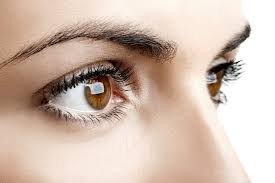
Image credit: shutterstock
Scientists from the Singapore Eye Research Institute (SERI) have developed two novel screening tools for detecting chronic kidney disease (CKD) and predicting one's biological age. These tools, dubbed RetiKid and RetiAge respectively, use artificial intelligence-based deep learning algorithms to scan photos of patients' retina – the light-sensitive back part of the eye.
The new innovations offer a non-invasive and effective approach to screening, which can alert patients to systemic health concerns that do not always present with obvious symptoms in early stages.
Currently, to screen for CKD, a patient has to undergo a blood test to measure the creatinine level (a type of waste product made by muscles) and urine test to check for albumin. Through RetiKid's non-invasive approach, individuals with a fear of needles may find the screening to be more bearable, potentially leading to a higher take-up rate and preliminary screening compliance.
The RetiAge algorithm, developed by SERI and South Korean healthcare start-up Medi Whale Inc. in 2021, was trained using more than 129,000 retina photos from over 40,000 participants from South Korea to predict the probability of a person having an "older" retina.
Both RetiKid and RetiAge can potentially be integrated with the Singapore Eye Lesion Analyser Plus (SELENA+) – a retinal image-based deep learning system also developed by SERI and licensed to EyRIS – which is currently available at all polyclinics for patients to screen for diabetic eye diseases, glaucoma and age-related macular degeneration. This enables patients to be screened for more diseases with one image.




